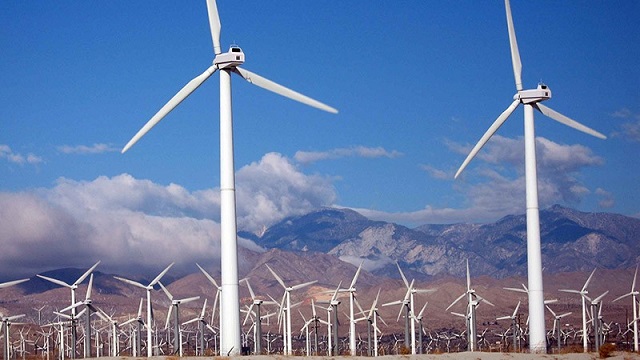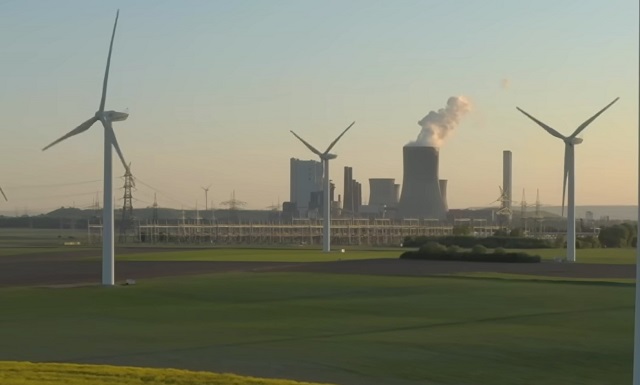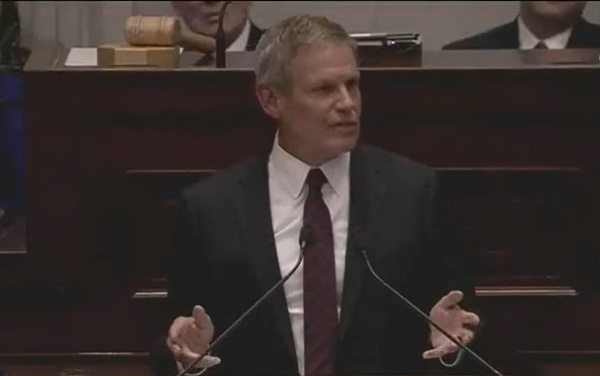Alberta
Thirty-one additional cases of COVID-19 confirmed. Alberta’s total now 226

From the Province of Alberta
Alberta COVID-19 Update for Saturday, March 21
Thirty-one additional cases of COVID-19 have been confirmed, bringing the total number of cases in the province to 226. Aggressive public health measures continue to help limit the spread of COVID-19.
Latest updates
- Cases have been identified in all zones across the province:
- 139 cases in the Calgary zone
- 57 cases in the Edmonton zone
- 16 cases in the North zone
- Seven cases in the South zone
- Six cases in the Central zone
- One case where the zone has not yet been identified
- Of these cases, 11 are currently hospitalized, six have been admitted to intensive care units (ICU), and one patient has died.
- The number of recovered cases March 20 was three. We have not received an updated number.
- Aggregate data, showing cases by age range and zone, as well as by local geographical areas, is available online at alberta.ca/covid19statistics.
- Cyber security incidents involving malware and fraudulent activities, including identity theft, are being reported across Alberta in the wake of COVID-19.
- Anyone who receives a call asking for credit card information should hang up immediately and call the non-emergency line for local law enforcement.
- Albertans are encouraged to continue to exercise caution when clicking on links or providing personal information to people and organizations requesting that information unsolicited.
- Select licensed child care centres will begin reopening to provide child care for core service workers. Parents will be notified by their employer if they qualify to send their children to newly reopened centres, and Children’s Services will contact the centres that will be reopening directly.
- Access will be prioritized for health-care practitioners and critical infrastructure workers, with additional space then being made available for first responders and other essential personnel.
- Child care centres will initially be chosen based on proximity to health-care facilities and will be reopened in phases based on areas of need, starting March 23.
- Funding for civil society organizations will be distributed through the Families and Communities Support Services (FCSS) program. Civil society organizations can connect with their local FCSS program regarding available supports within the grant guidelines and criteria that will be posted online within the next few days.
- Alberta Supports is temporarily suspending in-person services effective March 23 until further notice. More information will be made available through web postings, social media and posted signage as it becomes available.
- Community and Social Services is working with Alberta Health Services, the City of Edmonton and Homeward Trust to open the Edmonton Expo Centre to homeless people exhibiting symptoms of COVID-19.
- Albertans are reminded of the importance of social distancing as an important way to minimize the spread of COVID-19.
- Albertans are discouraged from attending large shopping malls and other large public spaces, unless necessary.
- Worship services may still take place this weekend, provided gatherings are fewer than 50 people. Those who attend must practise social distancing and proper hand hygiene. Those who are sick with a fever, cough or even mild cold-like symptoms must stay home and away from others.
- A tip sheet is available to help Albertans understand ways to minimize close contact with others in community settings.
- Mass gathering limitations and restrictions around public recreation and private entertainment facilities remain in place across the province.
- If Albertans see facilities that are not following these limitations and restrictions, they are asked to notify public health inspectors at Alberta Health Services through theonline complaint form.
- For concerns related to dental practices, contact the Alberta Dental Association and College.
- For concerns related to medical offices and other patient care facilities, contact the College of Physicians and Surgeons of Alberta.
- All public fatality inquiries scheduled between now and May 22 have been adjourned with no restart date set. Currently, pre-inquiry conferences are only proceeding on a case-by-case basis.
- While there are no restrictions at this time regarding personal services like hair salons, Albertans are reminded to reduce the number of times they leave their house to perform errands, practise social distancing and limit the amount of time they spend in crowded spaces.
- All Albertans need to work together to overcome COVID-19. Albertans are asked to share acts of kindness they have experienced in their community during this difficult time by using the hashtag #AlbertaCares.
- To reinforce this message, government has released a video to encourage people to help prevent the spread.
ATB Financial services
ATB Financial has temporarily closed selected branches and has reduced hours for all other branches in order to protect the health and safety of their team members, customers and the communities they serve. Details about ATB Financial’s customer relief programs, closures and reduced hours can be found at atb.com.
Seniors facilities limiting visitation
Seniors facilities are receiving social isolation and distancing information, and stronger restrictions are being put in place for visitors to long-term and seniors care facilities. Essential visitors will be restricted to a single individual who can be family, a friend, or a paid companion who provides care and companionship necessary for the well-being of the resident (physical and mental health) and/or a single designated visitor for a person who is dying, as long as only one visitor enters the facility at a time. Every visitor will undergo a health screening.
Driver road tests suspended
Effective immediately, driver road tests are suspended until April 20. Albertans who already have a road test booked will be able to rebook online using the same test permit at no additional charge. We are working with the commercial carrier industry to deliver emergency Class 1 road tests as necessary.
Alberta Corporate Registry annual returns suspended
In keeping with public gathering restrictions, deadlines are suspended for businesses, corporations and non-profits that require holding annual general meetings in order to file their annual returns with Alberta Corporate Registry.
Winter camping closing
Alberta Parks is closing winter camping effective immediately and not accepting new winter camping reservations to limit the spread of COVID-19. Bookings for winter camping sites will be cancelled and customers notified via the online reservation system or by phone. Refunds will also be issued.
Liquor and cannabis retailers remain open
Liquor and cannabis retail locations remain open in Alberta. AGLC is maintaining business as usual. There is no impact to supply. Contact aglc.ca for more information.
Some liquor manufacturers producing hand sanitizer
Some Alberta distillers have begun producing or indicating an interest to produce alcohol-based hand sanitizers in their facilities to help fill a gap in many markets due to COVID-19. AGLC is supporting the manufacturers’ efforts, and more information can be found at https://aglc.ca/bulletin/production-hand-sanitizer-class-e. Check with your local distiller regarding the availability of hand sanitizers.
Information for travellers
Travel outside the country is strongly discouraged. Given the rapid global spread of the virus, it is no longer possible to assess health risks for the duration of the trip.
Any traveller returning from outside of the country should self-isolate for 14 days, even if they are feeling well, and monitor for symptoms.
Any traveller who has returned before March 12 should closely monitor themselves for symptoms. If they experience symptoms, they should self-isolate immediately and call Health Link 811 for follow-up assessment and testing.
The Alberta government and Travel Alberta have launched a campaign to inform Canadians travelling in the United States and Mexico about the importance of returning home.
COVID-19 related information has been provided for departing and returning passengers at the international airports in both Edmonton and Calgary. This information has also been shared with all airports in Alberta and several airlines.
Quick facts
- The most important measures that Albertans can take to prevent respiratory illnesses, including COVID-19, is to practise good hygiene.
- This includes cleaning your hands regularly for at least 20 seconds, avoiding touching your face, coughing or sneezing into your elbow or sleeve, disposing of tissues appropriately, and staying home and away from others if you are sick.
- Anyone who has health concerns or is experiencing symptoms of COVID-19 should complete an online COVID-19 self-assessment.
- For recommendations on protecting yourself and your community, visit alberta.ca/COVID19.
Related information
Trudeau says Canada working hard, but won’t be able to get all Canadians home
Alberta
Game changer: Trans Mountain pipeline expansion complete and starting to flow Canada’s oil to the world
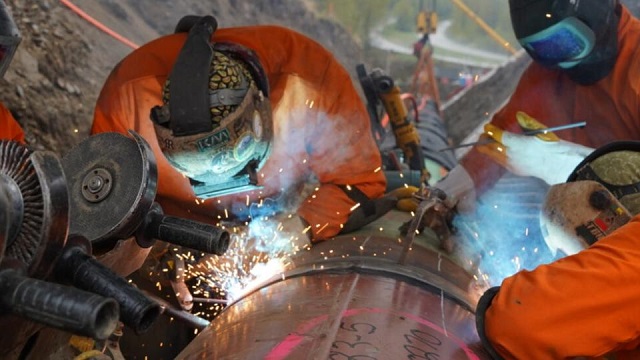
Workers complete the “golden weld” of the Trans Mountain pipeline expansion on April 11, 2024 in the Fraser Valley between Hope and Chilliwack, B.C. The project saw mechanical completion on April 30, 2024. Photo courtesy Trans Mountain Corporation
From the Canadian Energy Centre
By Will Gibson
‘We’re going to be moving into a market where buyers are going to be competing to buy Canadian oil’
It is a game changer for Canada that will have ripple effects around the world.
The Trans Mountain pipeline expansion is now complete. And for the first time, global customers can access large volumes of Canadian oil, with the benefits flowing to Canada’s economy and Indigenous communities.
“We’re going to be moving into a market where buyers are going to be competing to buy Canadian oil,” BMO Capital Markets director Randy Ollenberger said recently, adding this is expected to result in a better price for Canadian oil relative to other global benchmarks.
The long-awaited expansion nearly triples capacity on the Trans Mountain system from Edmonton to the West Coast to approximately 890,000 barrels per day. Customers for the first shipments include refiners in China, California and India, according to media reports.
Shippers include all six members of the Pathways Alliance, a group of companies representing 95 per cent of oil sands production that together plan to reduce emissions from operations by 22 megatonnes by 2030 on the way to net zero by 2050.
The first tanker shipment from Trans Mountain’s expanded Westridge Marine Terminal is expected later in May.
 Photo courtesy Trans Mountain Corporation
Photo courtesy Trans Mountain Corporation
The new capacity on the Trans Mountain system comes as demand for Canadian oil from markets outside the United States is on the rise.
According to the Canada Energy Regulator, exports to destinations beyond the U.S. have averaged a record 267,000 barrels per day so far this year, up from about 130,000 barrels per day in 2020 and 33,000 barrels per day in 2017.
“Oil demand globally continues to go up,” said Phil Skolnick, New York-based oil market analyst with Eight Capital.
“Both India and China are looking to add millions of barrels a day of refining capacity through 2030.”
In India, refining demand will increase mainly for so-called medium and heavy oil like what is produced in Canada, he said.
“That’s where TMX is the opportunity for Canada, because that’s the route to get to India.”
Led by India and China, oil demand in the Asia-Pacific region is projected to increase from 36 million barrels per day in 2022 to 52 million barrels per day in 2050, according to the U.S. Energy Information Administration.
More oil coming from Canada will shake up markets for similar world oil streams including from Russia, Ecuador, and Iraq, according to analysts with Rystad Energy and Argus Media.
Expanded exports are expected to improve pricing for Canadian heavy oil, which “have been depressed for many years” in part due to pipeline shortages, according to TD Economics.
 Photo courtesy Trans Mountain Corporation
Photo courtesy Trans Mountain Corporation
In recent years, the price for oil benchmark Western Canadian Select (WCS) has hovered between $18-$20 lower than West Texas Intermediate (WTI) “to reflect these hurdles,” analyst Marc Ercolao wrote in March.
“That spread should narrow as a result of the Trans Mountain completion,” he wrote.
“Looking forward, WCS prices could conservatively close the spread by $3–4/barrel later this year, which will incentivize production and support industry profitability.”
Canada’s Parliamentary Budget Office has said that an increase of US$5 per barrel for Canadian heavy oil would add $6 billion to Canada’s economy over the course of one year.
The Trans Mountain Expansion will leave a lasting economic legacy, according to an impact assessment conducted by Ernst & Young in March 2023.
In addition to $4.9 billion in contracts with Indigenous businesses during construction, the project leaves behind more than $650 million in benefit agreements and $1.2 billion in skills training with Indigenous communities.
Ernst & Young found that between 2024 and 2043, the expanded Trans Mountain system will pay $3.7 billion in wages, generate $9.2 billion in GDP, and pay $2.8 billion in government taxes.
Alberta
Alberta government should eliminate corporate welfare to generate benefits for Albertans
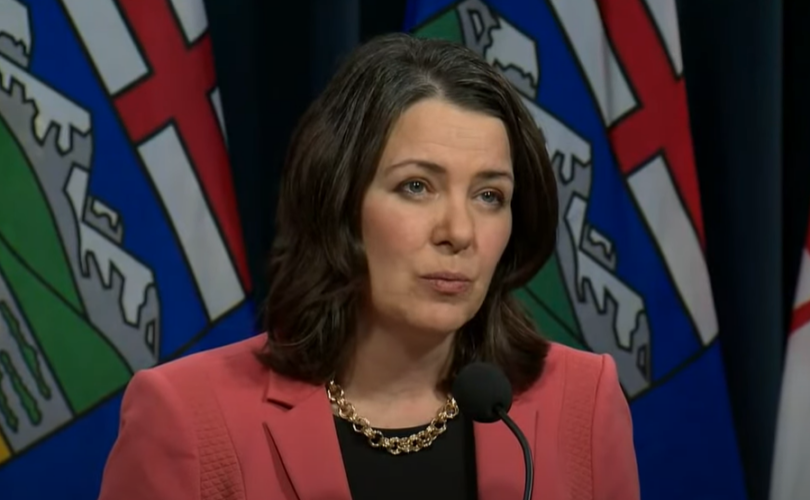
From the Fraser Institute
By Spencer Gudewill and Tegan Hill
Last November, Premier Danielle Smith announced that her government will give up to $1.8 billion in subsidies to Dow Chemicals, which plans to expand a petrochemical project northeast of Edmonton. In other words, $1.8 billion in corporate welfare.
And this is just one example of corporate welfare paid for by Albertans.
According to a recent study published by the Fraser Institute, from 2007 to 2021, the latest year of available data, the Alberta government spent $31.0 billion (inflation-adjusted) on subsidies (a.k.a. corporate welfare) to select firms and businesses, purportedly to help Albertans. And this number excludes other forms of government handouts such as loan guarantees, direct investment and regulatory or tax privileges for particular firms and industries. So the total cost of corporate welfare in Alberta is likely much higher.
Why should Albertans care?
First off, there’s little evidence that corporate welfare generates widespread economic growth or jobs. In fact, evidence suggests the contrary—that subsidies result in a net loss to the economy by shifting resources to less productive sectors or locations (what economists call the “substitution effect”) and/or by keeping businesses alive that are otherwise economically unviable (i.e. “zombie companies”). This misallocation of resources leads to a less efficient, less productive and less prosperous Alberta.
And there are other costs to corporate welfare.
For example, between 2007 and 2019 (the latest year of pre-COVID data), every year on average the Alberta government spent 35 cents (out of every dollar of business income tax revenue it collected) on corporate welfare. Given that workers bear the burden of more than half of any business income tax indirectly through lower wages, if the government reduced business income taxes rather than spend money on corporate welfare, workers could benefit.
Moreover, Premier Smith failed in last month’s provincial budget to provide promised personal income tax relief and create a lower tax bracket for incomes below $60,000 to provide $760 in annual savings for Albertans (on average). But in 2019, after adjusting for inflation, the Alberta government spent $2.4 billion on corporate welfare—equivalent to $1,034 per tax filer. Clearly, instead of subsidizing select businesses, the Smith government could have kept its promise to lower personal income taxes.
Finally, there’s the Heritage Fund, which the Alberta government created almost 50 years ago to save a share of the province’s resource wealth for the future.
In her 2024 budget, Premier Smith earmarked $2.0 billion for the Heritage Fund this fiscal year—almost the exact amount spent on corporate welfare each year (on average) between 2007 and 2019. Put another way, the Alberta government could save twice as much in the Heritage Fund in 2024/25 if it ended corporate welfare, which would help Premier Smith keep her promise to build up the Heritage Fund to between $250 billion and $400 billion by 2050.
By eliminating corporate welfare, the Smith government can create fiscal room to reduce personal and business income taxes, or save more in the Heritage Fund. Any of these options will benefit Albertans far more than wasteful billion-dollar subsidies to favoured firms.
Authors:
-

 Alberta16 hours ago
Alberta16 hours agoGame changer: Trans Mountain pipeline expansion complete and starting to flow Canada’s oil to the world
-

 Brownstone Institute2 days ago
Brownstone Institute2 days agoBook Burning Goes Digital
-
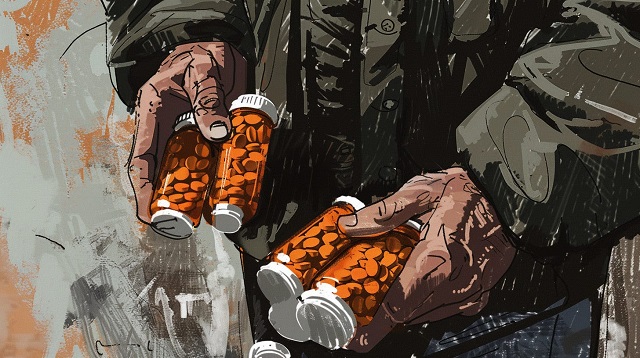
 Addictions16 hours ago
Addictions16 hours agoCanada’s ‘safer supply’ patients are receiving staggering amounts of narcotics
-
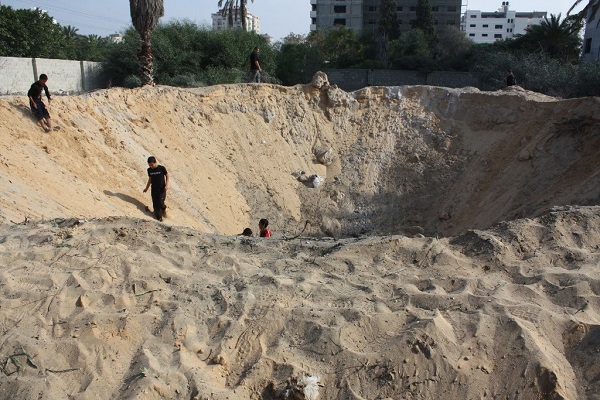
 conflict12 hours ago
conflict12 hours agoImmigration Experts Warn Possible Biden Plan To Import Gazan Refugees Would Be ‘National Security Disaster’
-

 conflict2 days ago
conflict2 days agoOver 200 Days Into War, Family Of American Hostage in Gaza Strives For Deal To Bring Son Home
-

 Brownstone Institute1 day ago
Brownstone Institute1 day agoThe Predictable Wastes of Covid Relief
-

 Bruce Dowbiggin13 hours ago
Bruce Dowbiggin13 hours agoDo It Once, Shame On You; Do It Twice, Shame On Me
-

 illegal immigration7 hours ago
illegal immigration7 hours agoPanama Elects President Vowing Shutdown Of Key Routes To US Used By Over Half A Million Migrants





